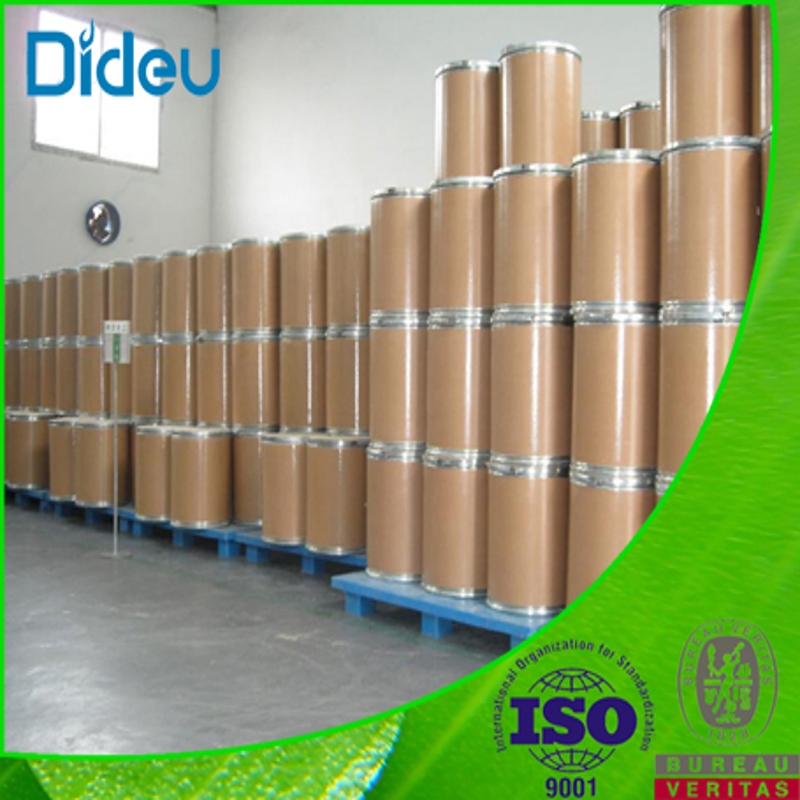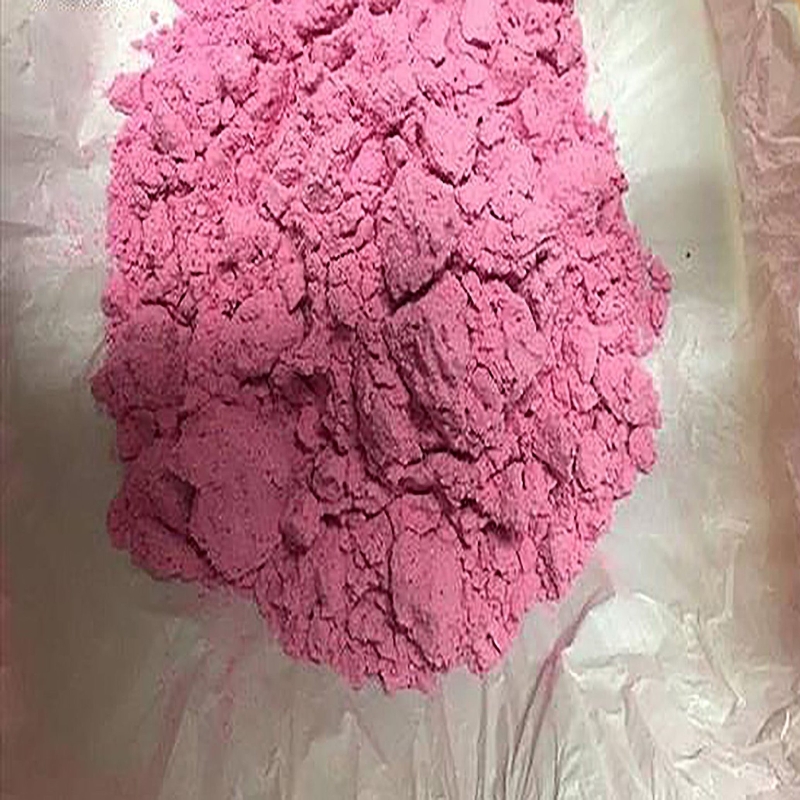-
Categories
-
Pharmaceutical Intermediates
-
Active Pharmaceutical Ingredients
-
Food Additives
- Industrial Coatings
- Agrochemicals
- Dyes and Pigments
- Surfactant
- Flavors and Fragrances
- Chemical Reagents
- Catalyst and Auxiliary
- Natural Products
- Inorganic Chemistry
-
Organic Chemistry
-
Biochemical Engineering
- Analytical Chemistry
-
Cosmetic Ingredient
- Water Treatment Chemical
-
Pharmaceutical Intermediates
Promotion
ECHEMI Mall
Wholesale
Weekly Price
Exhibition
News
-
Trade Service
background
backgroundIn cesarean section, it is very important to give the best dose of anesthetic to ensure sufficient depth of anesthesia and to avoid adverse effects on the fetus
.
In some countries, thiopental is still the drug of choice for induction of anesthesia in obstetric surgery
method
methodIn this clinical trial, we randomly divided women who received elective cesarean section into two groups, receiving low-dose (5mg/kg) and high-dose (7mg/kg) thiopental sodium
.
Choose 2mg/kg succinylcholine as muscle relaxant, and maintain anesthesia with O2/N2O and sevoflurane
result
resultForty parturients in each group were evaluated.
In the high-dose group, the BIS was significantly lower when the skin was incised before delivery and when the skin was sutured
.
In addition, in the use of the isolated forearm technique, there are also significant differences in the responses of the two groups of mothers during the induction of the skin incision and during the delivery
in conclusion
in conclusion7mg/kg of thiopental sodium can create a deeper sedative effect for the mother, and the effect is better than that of 5mg/kg of thiopental sodium
.
However, it has a negative impact on the Apgar score and neurobehavioral test results of newborns
Original source:
Original source:Golnar Sabetian, Farid Zand, Fatemeh Mirhadi, et al.
Adequacy of maternal anesthesia depth with two sodium thiopental doses in elective caesarean section: a randomized clinical trial.
Leave a message here







